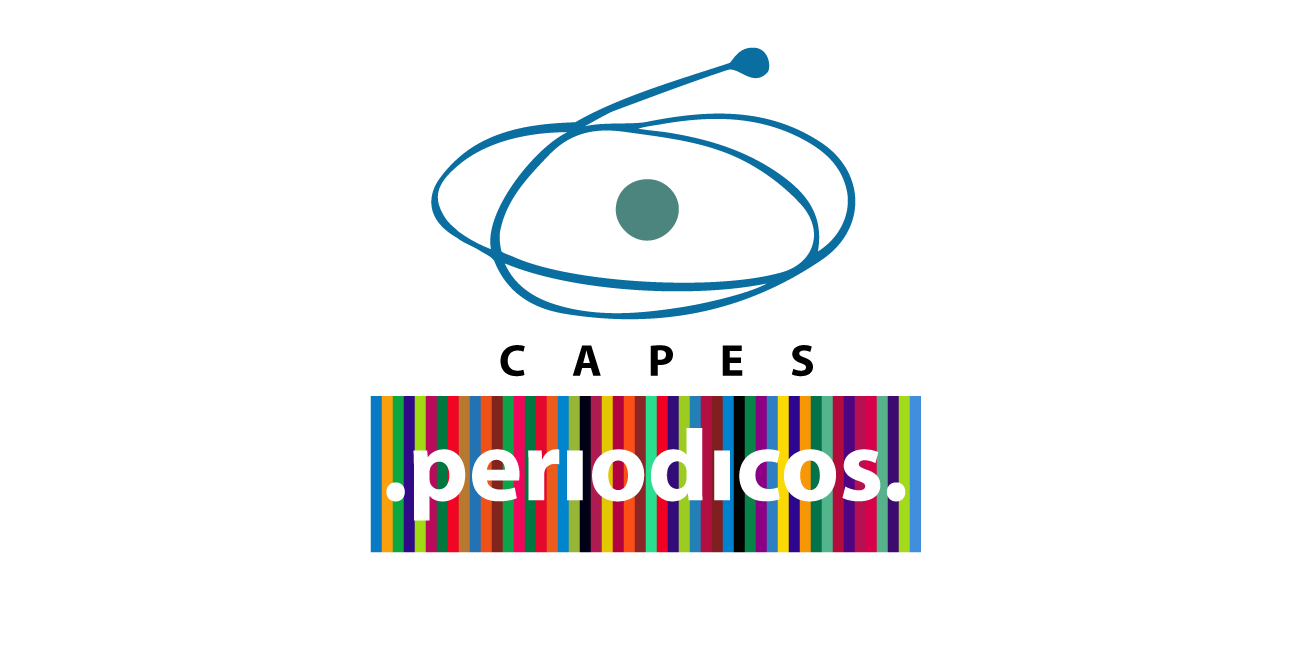Blind Review Process
Blind Review Process
The peer review process for articles submitted to the Revista Jurídica Cesumar follows a double-blind evaluation system, consisting of two sequential stages: the desk review and the review by referees.
During the desk review stage, the editors analyze the submitted articles without any identification of the authors, aiming to assess the relevance of the work to the journal’s scope and its potential to contribute significantly to the knowledge in the field of study covered by the journal. When necessary, the editors may involve members of the scientific committee in this process.
If the submitted work is not aligned with the journal’s policies, the authors will be informed of the decision within thirty days from the date of submission. Articles that pass the desk review are then forwarded to two specialists, who may be members of the journal’s panel of referees or external researchers selected for their expertise in the article's field of study, for evaluation under the Double-Blind Review system.
The referees are professors and researchers affiliated with postgraduate programs (stricto sensu) at national or international educational institutions. The articles are evaluated based on the relevance of the topic, the quality of writing, the logical coherence between the theoretical review and the use of appropriate references, the suitability of methodological procedures, the depth and consistency of the analyses, the structure of the conclusions, and the significance of the contributions. The evaluation is conducted using a predefined form provided to the referees. This stage of the review process may take up to one month, after which the authors are informed of the editorial decision.
Possible outcomes:
After the evaluation, the Editor may decide on one of the following outcomes:
- Accepted;
- Minor revisions;
- Major revisions required;
- Rejected.
Once the requested revisions have been made and verified by the referees and editors, the articles undergo proofreading, grammar checks, compliance with the journal’s formatting standards, and final editing.
Note: In cases of discrepancies between the referees, the Editor may choose to select a third referee or reject the manuscript.












